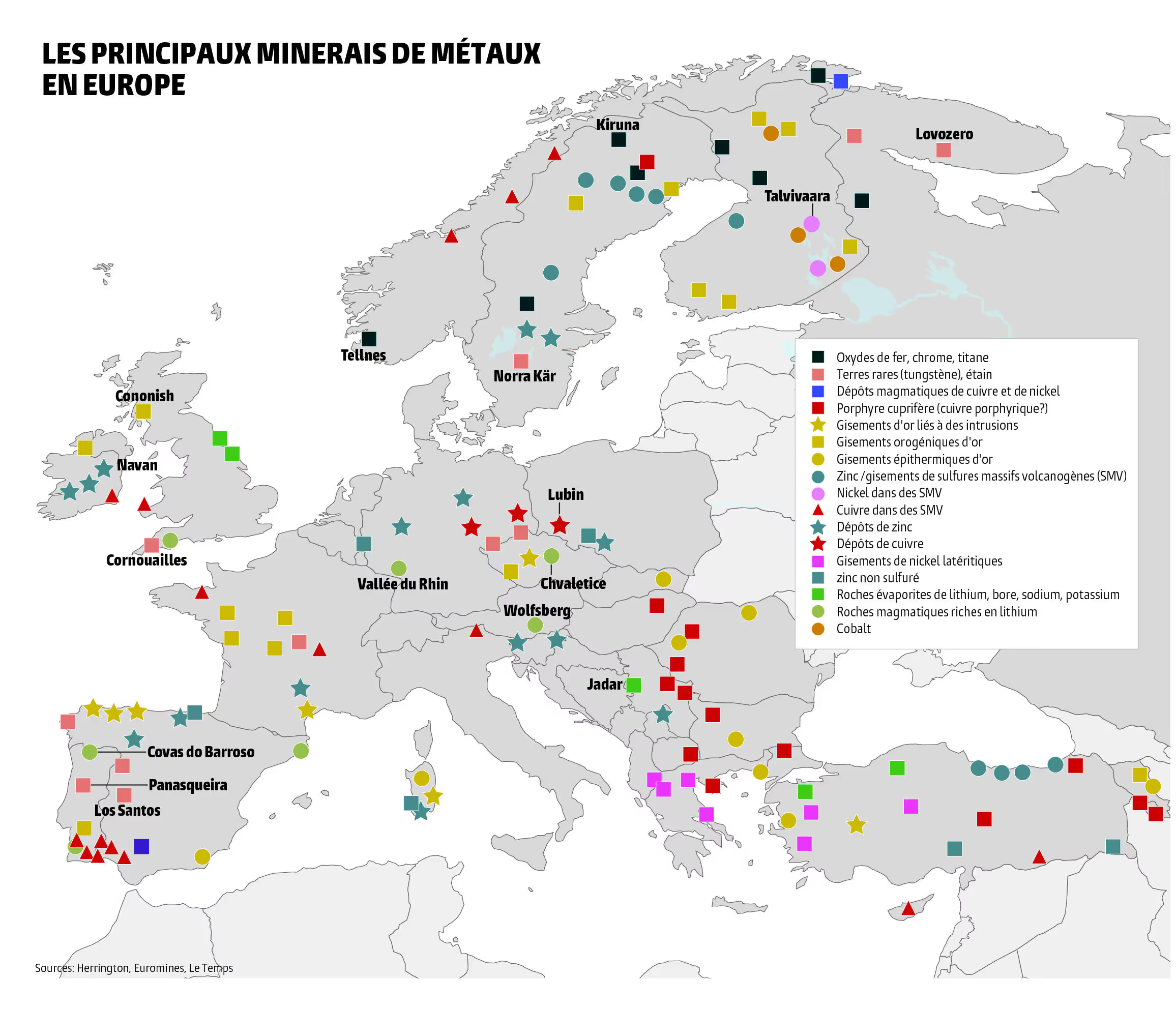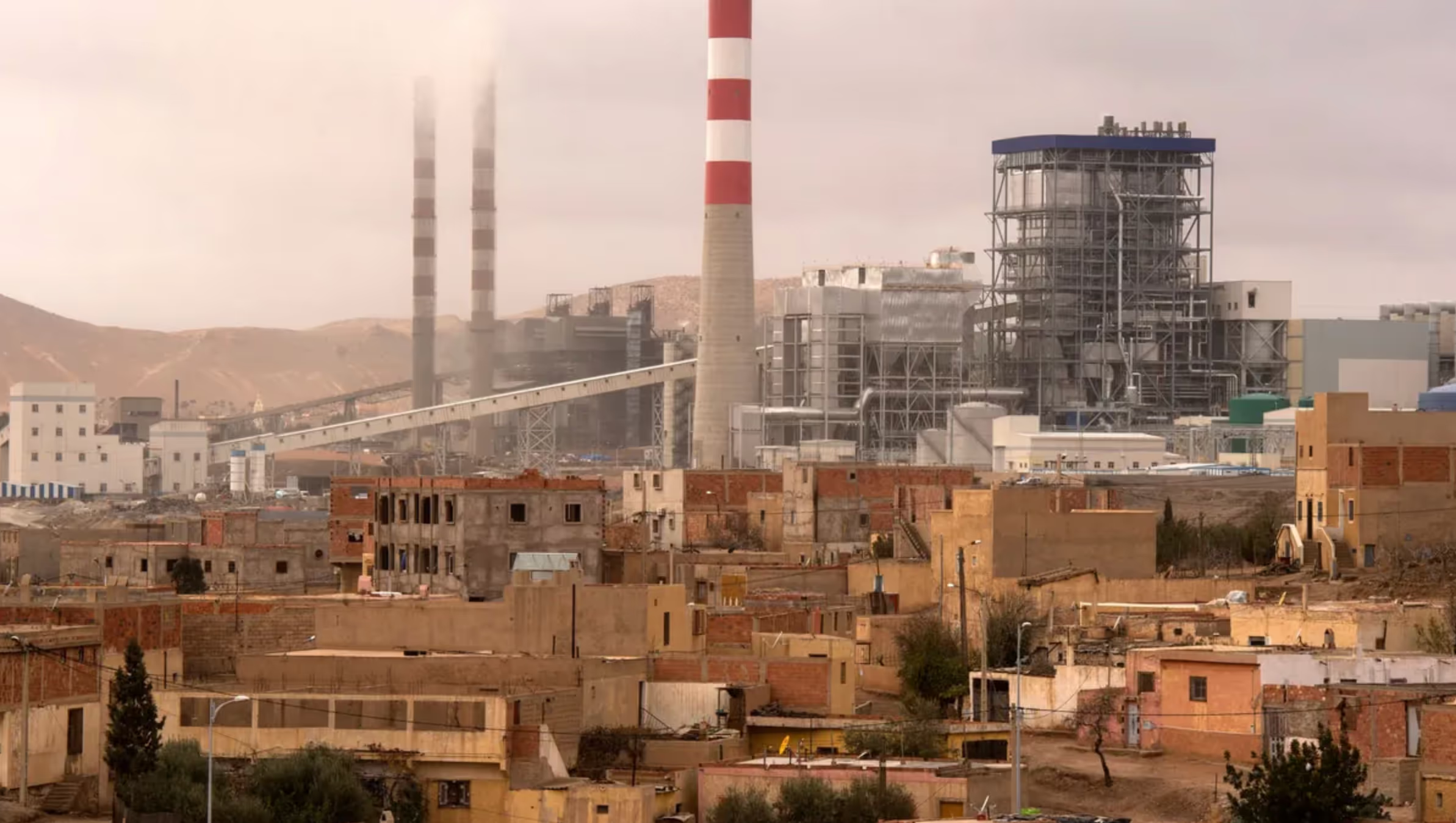“Technical progress must not be hampered by the will of working people. A workers' committee cannot solve the complexity of technical problems. Likewise, it is necessary to have an overview that the worker does not have, in order to unify wages and macroeconomic norms, otherwise social inequality and economic imbalance will be inevitable; and in the same vein, if the plan works properly, there must be close control over the rhythms of productivity and distributed incomes.
All this leads to the primacy of technical requirements, which are authoritatively imposed over all democratic policies, both for the development of the plan and for its implementation. All that can be asked of the performer is that he adapts to standards, and that he finds in exceeding them a stimulus to his productivity. All that is given to the performer is time to adapt; and we then save face by talking about psychological climate, atmosphere and socialist emulation[1].”
— Jacques Ellul
In the attached text published one year after the Paris Commune (1871), Friedrich Engels, Alter Ego by Marx, mocks the “anti-authoritarians” blind to the authoritarianism that is omnipresent in the industrial world. They hoped to one day be able to democratically self-manage factories, railways, mines, and the entire industrial system. Even today, many anarchists believe in this industrial fable. In general, two types of anarchists defend this idea. The former generally ignore the laws that govern the functioning of the technological world-system, either because they idolize science and technology or because they consider them to be socially and politically neutral forces. Anarchists of the second type are usurpers who use clever political tactics inherited from Lenin to unite the left.
A few months before drafting the decrees of the political police (Cheka) of the Bolshevik regime, Lenin wrote in The State and the Revolution (1917), about the industrial apparatus, that “workers can very well start [it] themselves by hiring technicians, supervisors, accountants”. While still insisting on the “absolutely rigorous discipline” imposed by industrial technology, “under pain of stopping the whole company or damaging the mechanisms and the manufactured product”, Lenin adds that all this can coexist with decisions taken democratically.
“In all these enterprises, of course, the workers will elect delegates who will form a kind of parliament.”
When “capitalists and officials” are overthrown, “the control of production and distribution”, as well as “the registration of work and products”, will be carried out by “the armed workers, by the entire armed people.”
Lenin further specifies in brackets:
“The question of control and registration should not be confused with that of personnel with scientific training, which includes engineers, agronomists, etc.: these gentlemen, who work today under the orders of capitalists, will work even better tomorrow under the orders of armed workers.”
Lenin was far from believing in these nonsense. We know the rest of it. The crushing of the Kronstadt revolt and the anarchist-inspired Ukrainian insurrectionary army (Makhnovshchina), mass arrests and executions, massacre of the peasantry in the name of Industrial Progress, etc.
Finally, it is probably this same passion for industrialization that led thousands of industrialist anarchists to take their cards in the Russian Communist Party. Today, it is these same tech-savvy anarchists who celebrate the technocratic ecology of the Shift Project, Think Tank chaired by the “decreasing” polytechnician Jean-Marc Jancocivi. He said in an opinion piece published a few days ago in Le Monde, along with five other “specialists in ecological transition”, that the multiplication of mega-factories on French territory and the massive subsidies to industry were “excellent news, as ecological transition implies strengthening strategic autonomy over industrial processes, in particular the production of batteries for the automotive transition[2].”
But Jancovici, like Engels below, is quite clear about the authoritarianism that is essential for the “decarbonized” reindustrialization of the country. Thus, he explains that climate change “certainly cannot” be solved “without the use of constraint”. He adds that “a Chinese-type system” is a “good compromise.”[3] ”.
On authority (by Friedrich Engels)
Recently, some socialists have launched a full-scale crusade against what they call The principle of authority. You just have to tell them that this or that act is overbearing for them to condemn him. This summary approach is so abused that it is necessary to examine the matter more closely. Authority, in the sense of the word in question, means: the imposition of the will of others on our own; and, on the other hand, authority implies subordination. However, insofar as these two words sound bad and the relationship they represent is unpleasant for the subordinate party, the question is whether there is a way to do without them and — given the current conditions of society — we will be able to give life to another social state in which this authority will no longer exist and where, therefore, it will have to disappear. By examining the economic, industrial, and agricultural conditions that are the basis of today's bourgeois society, we find that they tend to increasingly replace isolated action by the combined action of individuals. Modern industry has replaced small, isolated farmers' workshops with large factories and factories where hundreds of workers monitor complicated steam-powered machines; cars and trucks on major roads are being replaced by trains on railroads, just as small schooners and sailing feluccas were supplanted by steamboats. Agriculture itself is gradually falling into the domain of machines and steam, which are slowly but inexorably replacing small landowners by large capitalists who cultivate large areas of land with the help of hired labourers. Everywhere combined action, the complication of processes dependent on each other, replace the independent action of individuals. But who says combined action says organization; yet, is organization possible without authority?
Suppose that a social revolution has dethroned the capitalists who now preside over the production and circulation of wealth. Let us assume, to put ourselves entirely in the perspective of the anti-authoritarians, that land and the instruments of work have become the collective property of the workers who employ them. Will authority have disappeared or will it have only changed its form? Let's see
As an example, let's take a cotton mill. Cotton must undergo at least six successive operations before being reduced to a thread, operations which are mostly carried out in different rooms. In addition, to keep the machines in motion, you need an engineer who monitors the steam engine, mechanics for daily repairs and numerous maneuvers responsible for transporting products from one room to another, etc. All these workers, men, women and children, are required to start and finish their work at hours determined by the steam authority, which makes a mockery of individual autonomy. It is therefore necessary, first of all, for the workers to agree on the hours of work, and these hours, once fixed, become the rule for all, without any exception. Then, in each of the rooms and at any moment, detailed questions arise about the mode of production, the distribution of materials, etc., questions that must be resolved on the spot, otherwise all production will stop immediately; whether they are resolved by the decision of a delegate in charge of each branch of work or, if possible, by a majority vote, the will of each person must always be subordinate; that is to say that the questions will be resolved authoritatively. The automatic mechanism of a large factory is much more tyrannical than the small capitalists who employ workers have ever been. At least for working hours, you can write on the factory door: Lasciate ogni autonomia voir che entrate! [NdA: “You who come in, leave all autonomy! ”]. If, through science and his inventive genius, man has subjected himself to the forces of nature, these forces take revenge on him by subjecting him, since he uses them, to a true despotism independent of any social organization. To want to abolish authority in big industry is to want to abolish industry itself, it is to destroy steam spinning in order to return to cattail.
As another example, let's take a railroad. Here too, the cooperation of an infinite number of individuals is absolutely necessary, cooperation that must take place at specific times so that disasters do not occur. Here too, the first condition of employment is a dominant will which settles any subordinate question, a will represented either by a single delegate or by a committee responsible for implementing the decisions of a majority of interested parties. In either case, there is very strong authority. But there is more; what would happen to the first departing train if we abolished the authority of railway employees over gentlemen travelers?
But the need for authority and compelling authority cannot be more obvious than on a ship in the open sea. There, at the moment of danger, the life of all depends on the instant and absolute obedience of all to the will of one.
When I put forward similar arguments against the most furious anti-authoritarians, they can only answer me: “Ah! This is true, but this is not an authority that we give to delegates, but a mission! ” These gentlemen think they changed things when they changed their names. This is how these profound thinkers make fun of the world.
We have therefore just seen that, on the one hand, certain authority, attributed in any way, and, on the other hand, certain subordination are things that, independently of any social organization, are imposed on us because of the material conditions in which we produce and circulate products.
We have also seen that the material conditions of production and circulation are inevitably complicated with the development of large-scale industry and agriculture and tend more and more to extend the scope of this authority. It is therefore absurd to speak of the principle of authority as an absolutely bad principle, and of the principle of autonomy as an absolutely good principle. Authority and autonomy are relative things whose areas vary in the different phases of social evolution. If the autonomists simply said that the social organization of the future will restrict authority only to the limits within which the conditions of production make it inevitable, one could agree; instead, they remain blind to all the facts that make it necessary, and they oppose the word.
Why don't anti-authoritarians limit themselves to speaking out against political authority, against the State? All socialists agree that the political state and with it political authority will disappear as a result of the next social revolution, namely that public functions will lose their political character and will be transformed into simple administrative functions that protect real social interests. But anti-authoritarians demand that the authoritarian political state be abolished at once, even before the social conditions that gave rise to it have been destroyed. They demand that the first act of the social revolution be the abolition of authority. Have these gentlemen ever seen a revolution? A revolution is certainly the most authoritarian thing there is; it is the act by which one part of the population imposes its will on the other by means of rifles, bayonets and cannons, authoritarian means if there were any; and the victorious party, if it does not want to have fought in vain, must maintain its power through the fear that its weapons inspire in reactionaries. Would the Paris Commune have lasted a single day, if it had not used this authority of the armed people in the face of the bourgeois? On the contrary, can we not blame him for not having used it widely enough? So, one of two things: either the anti-authoritarians do not know what they are saying, and in this case they only cause confusion; or else they know it and, in this case, they are betraying the proletarian movement. In either case, they serve the reaction.
F. Engels, October 1872







